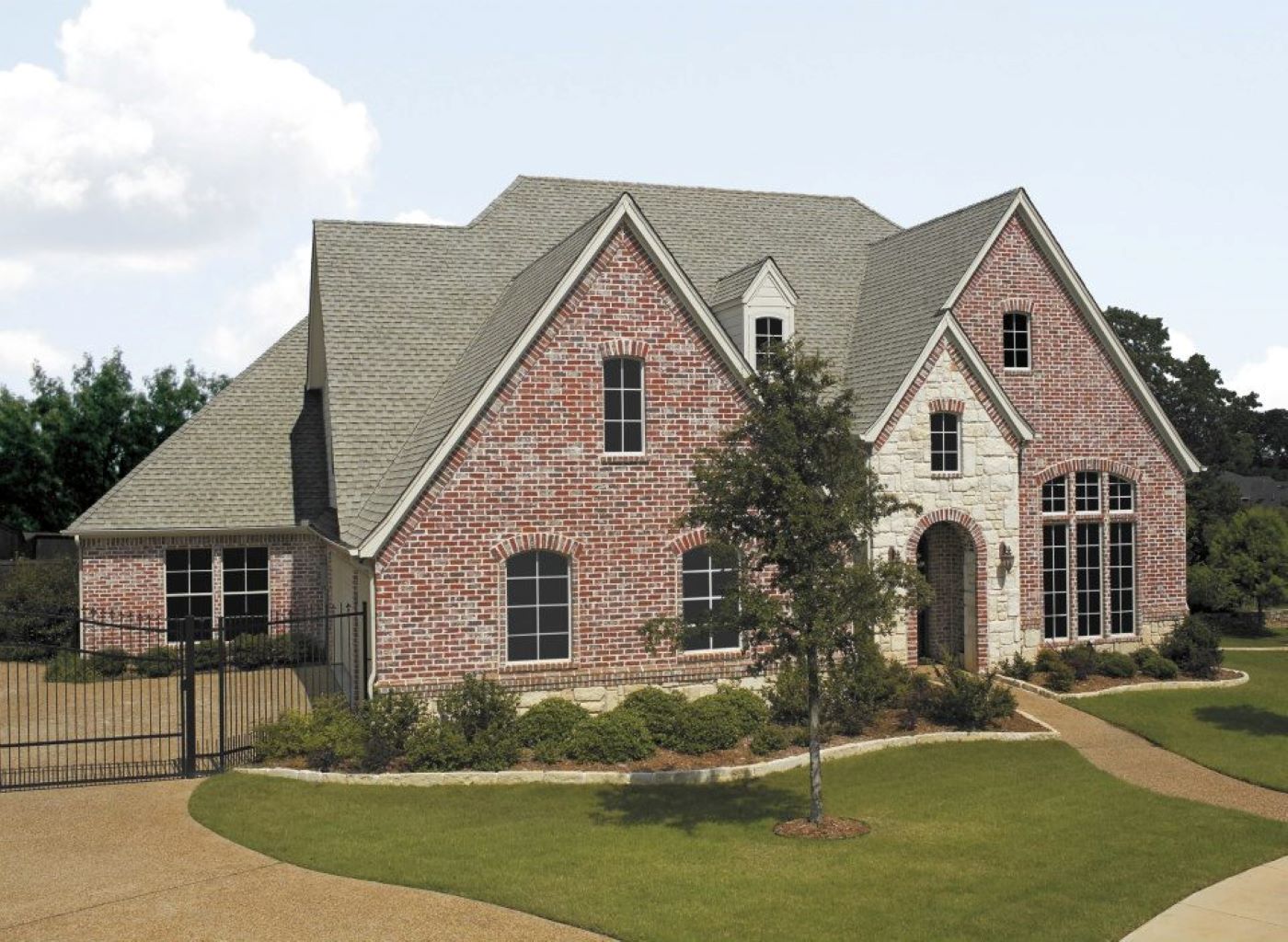Achieving an Energy Efficient Home
Lindus Construction’s COO, Andy Lindus offers advice on methods and materials to increase your home’s energy efficiency.
Listen to the Entire Show Here:
The Right Shingles for Your Energy Efficient Roof
Excessive heat and humidity can create unfavorable conditions for a roofing project. Installers can be at risk for heat stroke and dehydration. In high temperatures, shingles scuff easier. When granules are lost, the lifespan of the roof is shortened. With that being said, shingles lay easier in warmer temperatures. For homeowners looking to reduce temperatures in their home’s attic, GAF manufactures Timberline® Cool Series® shingles. They are highly reflective and have a 50-year, non-prorated warranty that covers both labor and materials.

Metal Roofing with Year-Round Benefits
When it comes to story and half homes, opting for metal roofing over asphalt shingles, lessens the probability of ice dam formation. Even with correct levels of attic air sealing, the knee walls can prove problematic, as it’s difficult to add ample amounts of insulation into such a confined space. To completely address this quandary, reputable contractors remove the roof and spray three inches of foam insulation over the top of the roof decking prior to putting on a metal roof. The result is a more comfortable, energy efficient home. Homeowners that have this type of project done frequently report lower heating and cooling bills.
Go Behind the Scenes on a Lindus Construction Insulation Project:
Energy Efficiency with Windows
Another home improvement that increases a home’s energy efficiency and lowers your energy bills is full frame window replacement. This approach provides the installing contractor the opportunity to analyze the window frame for mildew, mold, and dry rot. Full frame window replacement by a reputable contractor also reduces the likelihood of air and water infiltration.
A final and easy way to improve energy efficiency in your home is by increasing the efficiency of your water heater. Adding an insulation blanket to the water heater can help avoid standby heat loss of 25-45%, according to Mark Soto of Contractor Advisorly. Adding insulation to the hot water pipes can also help reduce the electricity needed by the water heater.
Contact us today to get started on your next home improvement project.
Our team answers homeowner questions every weekend on WCCO 830 AM from 9:00 am-10:00 am. Have your most pressing home improvement questions addressed by calling or texting 651-461-9226.
